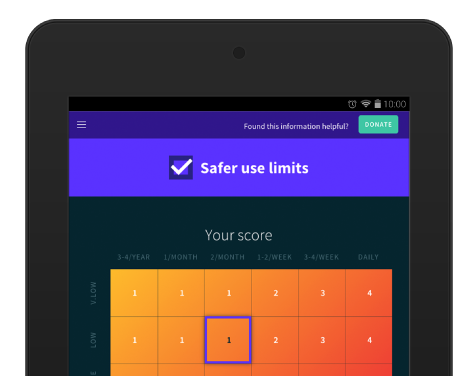A global, experienced team
GDS was founded in 2011 by Dr Adam R Winstock, a British and Australian trained Consultant Psychiatrist, Addiction Medicine Specialist and Researcher. His CV can be downloaded from here
GDS grew out of a decade of research using collaborations with media partners to access hidden, sentinel drug using populations. He is supported by an international network of experts in the fields of psychoactive substance use, medicine, epidemiology, toxicology, psychology, criminology, sociology, drug policy and harm reduction, who provide corporate and research governance as well as clinical, statistical and analytical expertise
GDS Core Research Team (CRT)
Role: Oversees curation, content and analysis of the annual Global Drug Survey and provides leadership over aims and objectives of GDS, and preparation of academic articles and grant applications.

Dr Adam R Winstock MD MRCPsych MRCP FAChAM
Adam is a Consultant Addiction Psychiatrist based in London where is he looks after the care of people who use drugs in prison. He is also an Honorary Reader at University College London, he was previously Consultant Psychiatrist at the Maudsley Hospital and Senior Lecturer at the Institute of Psychiatry, Kings College London. Adam has published over 100 research papers and has developed particular clinical and research expertise in the areas of cannabis, new drugs and chemsex. He is also founder and director of Global Drug Survey, the world’s biggest annual survey of drug use trends, the architect of online and smart phone apps drugs meter and Drinks Meter, and the ultra brief feedback and assessment tool for cannabis use www.saferuselimits.co
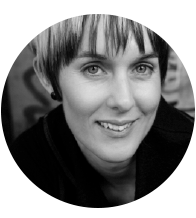
Dr. Monica Barratt PhD
Dr Monica Barratt is a Vice-Chancellor’s Senior Research Fellow at the Social Equity Research Centre and Digital Ethnography Research Centre at RMIT University, Melbourne, Australia. She also holds a visiting fellowship at Australia’s National Drug and Alcohol Research Centre. Her research investigates psychoactive drug use in digital society, with topics of interest including digital drug trading, digitally enabled communities, legislative responses to new or novel substances, the production and dissemination of public drug alerts, and drug checking. Monica also serves as the Executive Director of Bluelight.org, a global drug harm reduction community, and leads research activities for The Loop Australia, a not-for-profit organisation aiming to conduct drug checking interventions both at festivals and in the community.
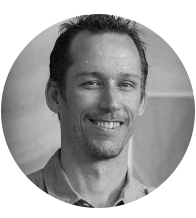
Dr. Jason Ferris PhD
Professor Jason Ferris. Professor Jason Ferris is the Chief Biostatistician for the Global Drug Survey, the Director of Research and Statistical Support Services and the Program Leader for Global Substance Use and Mental Health unit, The University of Queensland, Brisbane, Australia. He holds a PhD in alcohol epidemiology, a Master of Biostatistics and a first-class honours degree in Psychology. Jason has over 20 years of social science and public health research experience, with much of his research focusing on alcohol-related violence, the use of pseudoephedrine-based products in the manufacture of methamphetamine, and the effectiveness of random breath-testing mechanisms to reduce alcohol-related traffic crashes.
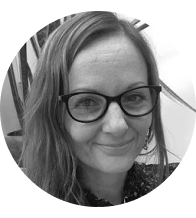
Dr. Emma Davies
Dr Emma Davies is a Reader in Psychology and Deputy Director of the Centre for Psychological Research at Oxford Brookes University in the United Kingdom. Her research explores the psychological factors associated with health behaviours such as alcohol consumption and physical activity. She has expertise in the development and evaluation of behaviour change interventions across a wide range of domains, including alcohol, sexual consent, e-cigarette use, and physical activity.
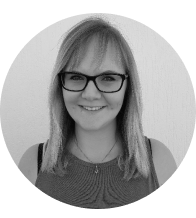
Dr Cheneal Puljevic
Dr Cheneal Puljevic is a Senior Research Fellow at the Centre of Research Excellence on Achieving the Tobacco Endgame at the School of Public Health, The University of Queensland in Brisbane, Australia. She is funded by an ARC DECRA Fellowship, which focuses on the drivers and deterrents of illicit tobacco use. Her other research interests include smoking cessation among disadvantaged populations, drug checking, alcohol-fuelled violence and substance use harm reduction. Cheneal is also the Research Convenor for The Loop Australia, and an Associate Editor for the International Journal of Drug Policy.
